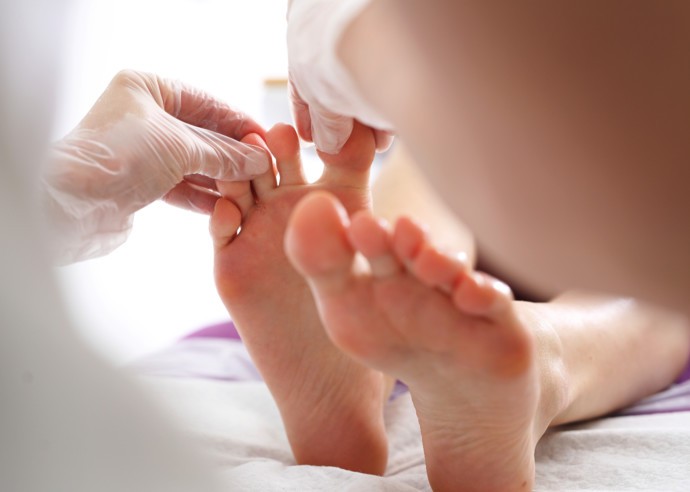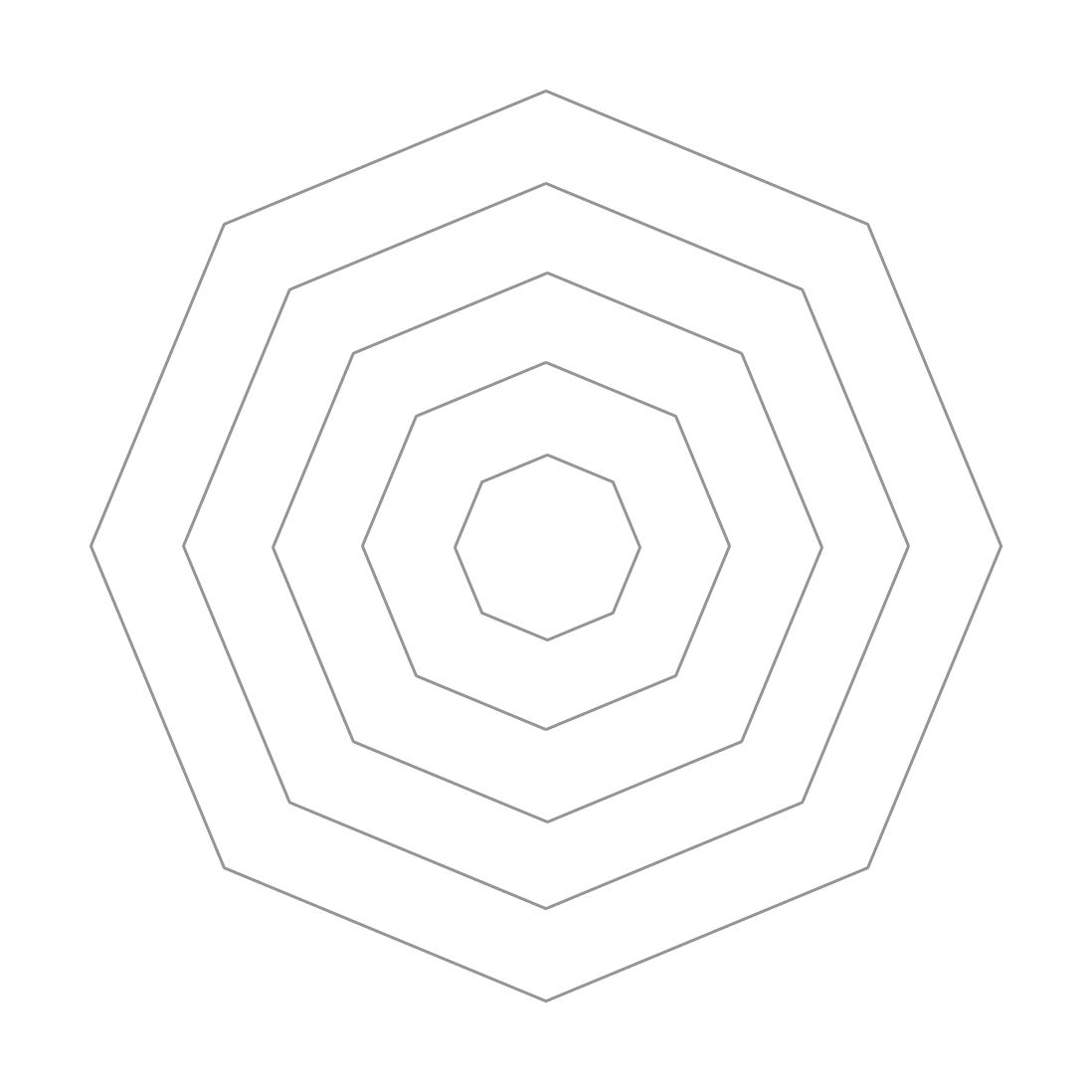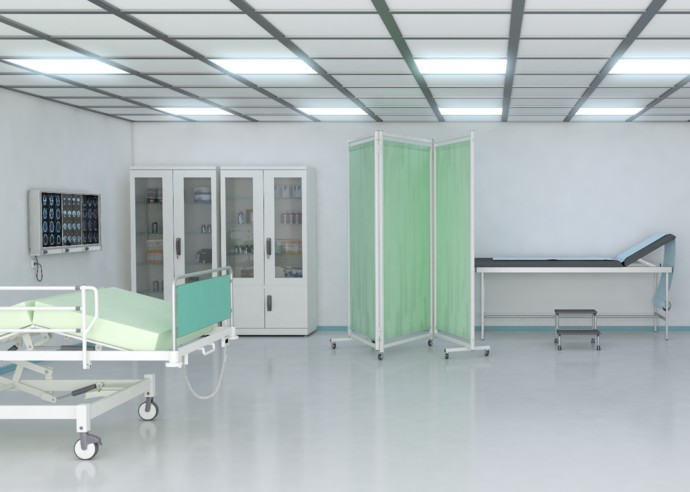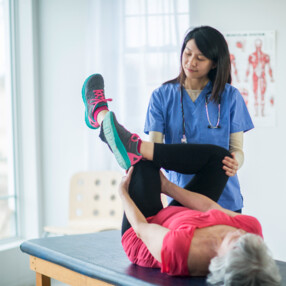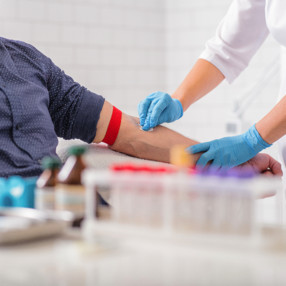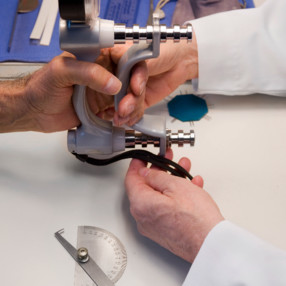Academic qualification
- in Hong Kong, a podiatrist is one of the health care professions (e.g. psychologists, dietitians, speech therapist) that do not require statutory registration. Although legal registration is not required, a practicing podiatrician must hold a podiatrics degree or equivalent with completion of a 3-year residency program, and be eligible to register with the Health and Care Professions Council in the United Kingdom, or apply for a licence in the United States, or have the same qualifications.
Professional qualification
- nearly all prospective Podiatrists earn a bachelor's degree in specific courses in laboratory sciences such as biology, chemistry, and physics before attending a college of podiatric medicine
Other specific requirements
- since there is no training for podiatrists in Hong Kong, in addition to overseas recruitment, the Hospital Authority will also send trainees to receive professional training in the United Kingdom, Australia or USA under a pedicure training sponsorship programme for Podiatrists from time to time; holding membership of the International Podiatrists Association of Hong Kong (IPAHK) or the Hong Kong Podiatrists Association (HKPodA) is preferable.

